Sheba is a famous wet cat food brand, and the low price significantly contributes to its popularity. Unfortunately, some cat owners have bad experiences when trying this brand.
So is Sheba cat food making cat sick? Let’s uncover the truth behind this cat food brand and its potential impact on our feline companions’ health.
What is Sheba?
Sheba created and manufactured by Mars, Inc., which is the world’s highest-earning pet food company. Sheba cat food products have received high ratings on websites such as Amazon and Chewy.
Sheba’s offerings are generally well-received by felines, providing balanced nutrition with high-quality ingredients. However, some recipes do include animal by-products and artificial colors, which may not be ideal for all cats.
However, many cat owners complain that their cats have some problems after eating Sheba.



Is Sheba Cat Food Making Cat Sick?
Yes. Sheba cat food contains propylene glycol to keep the food from freezing in cold weather; however, it may cause multiple health problems in cats.
You should also be careful with other ingredients in Sheba food. We will explain all the cases that can harm your cat right below.
Low protein
Cats are obligate carnivores, requiring a diet high in animal-based proteins. If you feed them low protein content, like Sheba products, your pet will face health issues due to the improper nutrition supply.
Please note that cats rely on protein for various bodily functions. The lack of this nutrient will affect their immune system, muscle maintenance, and energy production.
Low-quality ingredients
Sheba cat food also includes lower-quality ingredients, such as meat by-products, to provide protein. Those ingredients are not as nutritious as high-quality meat cuts. Hence, they lower the overall food quality.
Food colorings
Sheba tries to limit their controversial ingredients for cat foods. Nevertheless, they color the foods to make the food look more attractive and healthier. And as you know, food colorings may pose some issues for cats.
Propylene glycol chemical
The most significant concern of feeding Sheba food to cats is the propylene glycol chemical content. It can cause various health issues to your feline friend:
- Propylene glycol obstructs cats’ intestines, leading to symptoms such as diarrhea and vomiting.
- As a glycerol-alcohol substance, propylene glycol may cause anemia in cats by disrupting their blood coagulation systems.
- Propylene glycol has been associated with kidney enlargement, which can be life-threatening.
- Some cat owners report the severe effect of propylene glycol on liver cells. It could even cause liver disease.
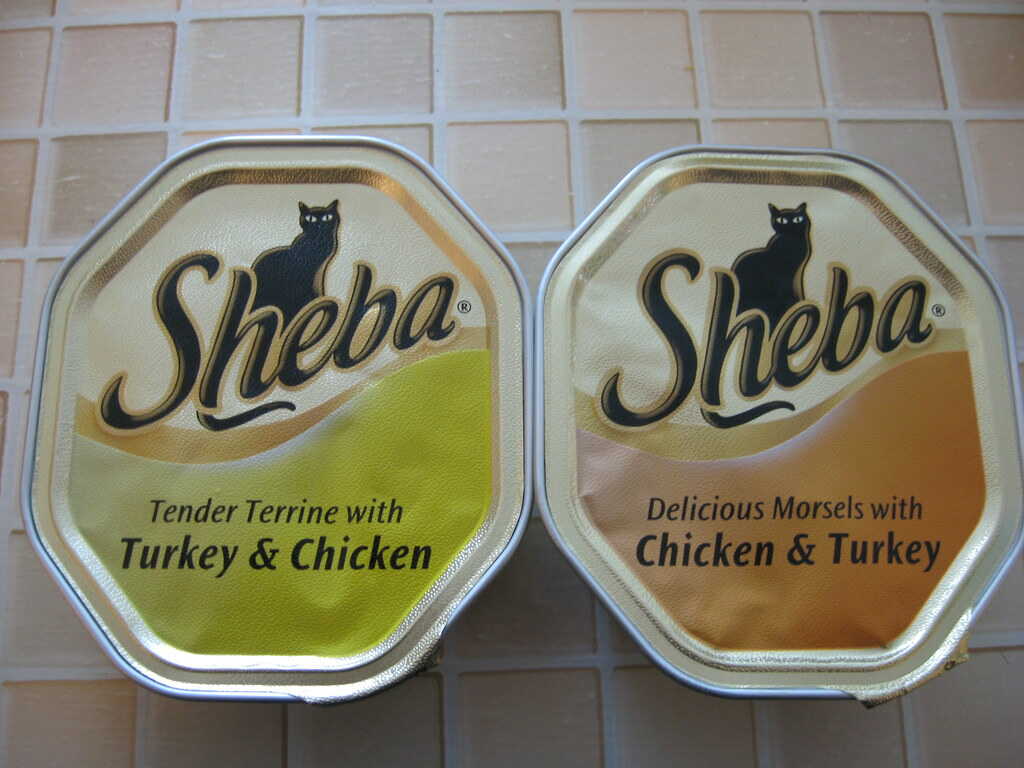
Is Sheba Good for Cats?
While Sheba cat food is not a bad option for your feline friend, it may not necessarily be the best choice either. Its range of wet food options is limited, and the flavors are generally well-liked by most cats.
However, Sheba doesn’t offer any suitable options for cats with dietary restrictions or allergies, although this is a common issue among many cat food brands.
Compared to other affordable cat food brands, Sheba fares slightly better, but it falls short when compared to premium foods that prioritize high-quality, meat-based protein.
If you find Sheba to be a more budget-friendly option, it can still be a decent choice. However, you may want to consider supplementing your cat’s diet with higher-quality food, protein-rich kibble, or nutritional treats to ensure that their dietary needs are met.
There are several alternatives that you can try: Fancy Feast, Blue Buffalo, Wellness, Diamond Naturals,…
Related Post: Where Is Sheba Cat Food Made?
What To Do If Your Cat Has Adverse Reactions To Sheba Food?
If you suspect that your cat is having adverse reactions to Sheba cat food, take the following steps:
- Stop feeding your pet the food immediately once you notice any signs of discomfort or illness.
- If the symptoms are mild, you can switch to a hypoallergenic or a different type of gentle cat food. Remember to consult with your vet to determine the best alternative for your pet’s specific needs.
- Keep an eye on your cat’s health for any adverse reactions to subside after removing Sheba from their diet.
- Transition to the new food gradually over several days to allow your cat’s body to adjust to it.
You can learn some tips to do it properly from this video:
Remember, if your cat’s symptoms persist, or worsen, or if you have any concerns about their health, seek medical help. Your vet can offer a proper diagnosis and guidance tailored to your cat’s specific conditions.
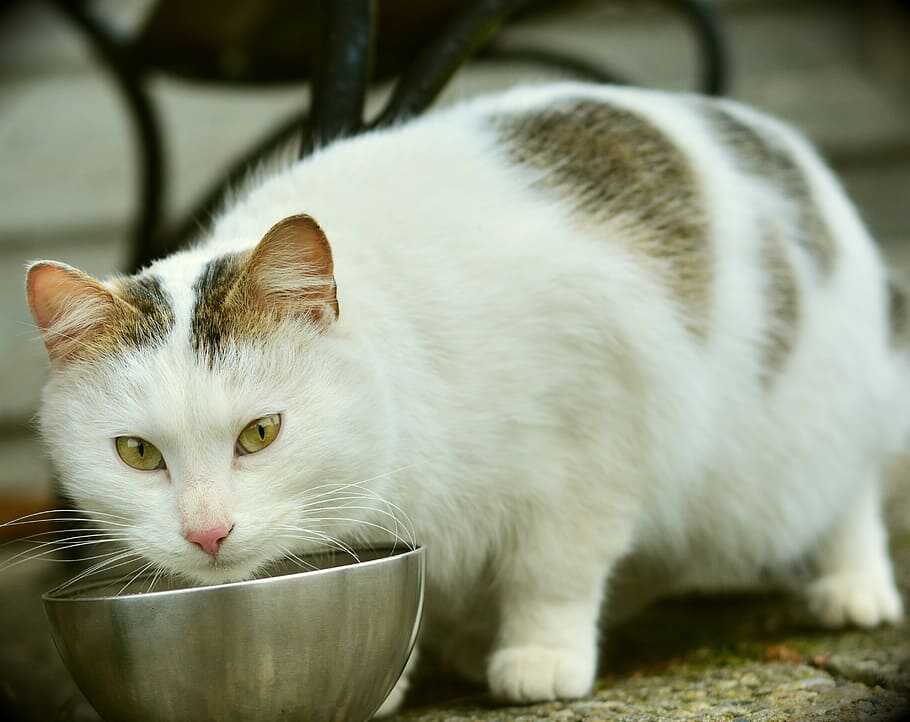
Can You Feed Sheba Food To Kittens?
Feeding Sheba food to kittens can be a bit complicated. On the one hand, Sheba food is beneficial for kittens because it has high moisture content and is somehow balanced. However, there are some considerations to keep in mind.
One of the main concerns with Sheba is its lower protein level than other commercial cat foods. Meanwhile, kittens have high protein requirements for healthy growth.
Additionally, Sheba wet foods tend to be low in calories. It means kittens would need to consume larger quantities to obtain the necessary calories and protein for their growth.
Considering these factors, Sheba food may be an option for occasional feeding. Yet, it’s not the ideal choice for regular kitten nutrition.
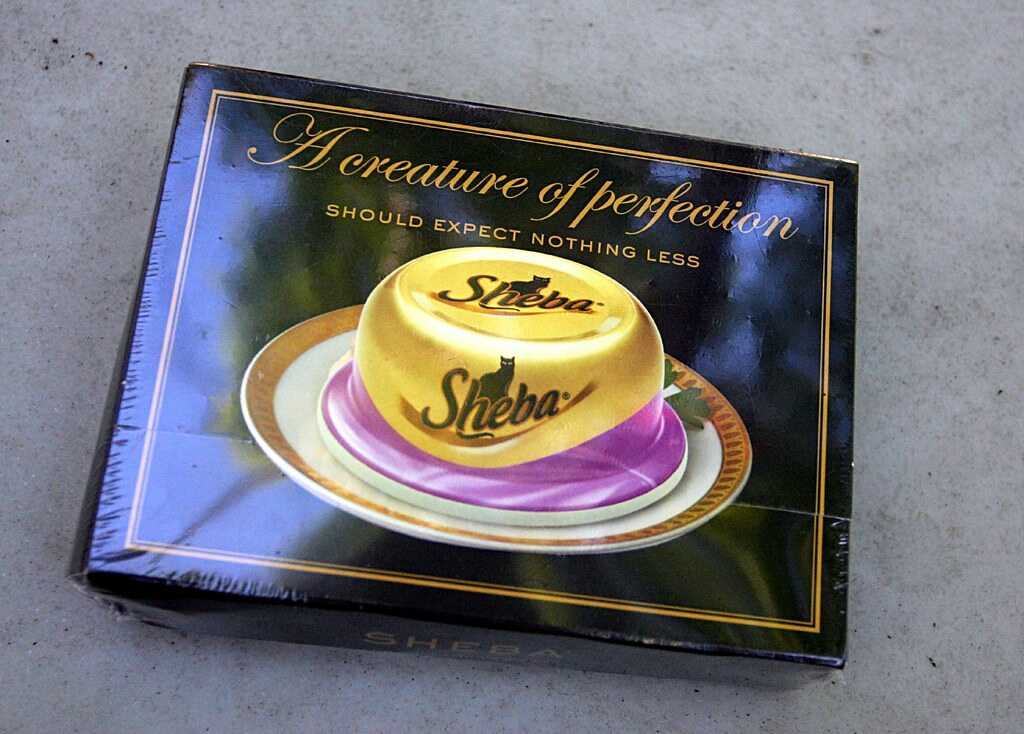
Has Sheba Been Recalled?
Mars Inc., the manufacturer of Sheba cat food, has not issued a recall specifically for Sheba cat food. However, it’s important to note that Mars Inc. has announced recalls for some of its other brands in the past.
So, Sheba has not been subject to a recall. Yet, you should still remain vigilant and stay informed about any potential recalls that may occur in the future.
It’s always advisable to stay updated on product recalls. Also, pay attention to any notifications or alerts from Mars Inc., regulatory agencies, or trusted sources.
Regularly checking for recalls ensures that you can take appropriate action if there are concerns or issues related to any other pet food brand. Your effort can keep your cat safe.
What Wet Cat Food Do Vets Recommend?
Wet food is a good choice for picky eaters because they often prefer the soft texture over dry kibble. Besides, if your cats don’t drink water often, the high water content in wet food will be beneficial.
If you want to include this type of food in your pet’ diets, remember what vets recommend:
- AAFCO standard: Cat foods should follow the guidelines set by the AAFCO. You should also find the label “complete and balanced” for a cat’s specific life stage.
- Brand: Royal Canin and Purina are famous for their quality. They have certified scientists and nutritionists to formulate cat food.
- Ingredients: Cats’ food should contain protein from sources like fish, beef, chicken, and turkey.
- Moisture: Choosing food with at least 75% moisture content is essential for keeping your cat hydrated.
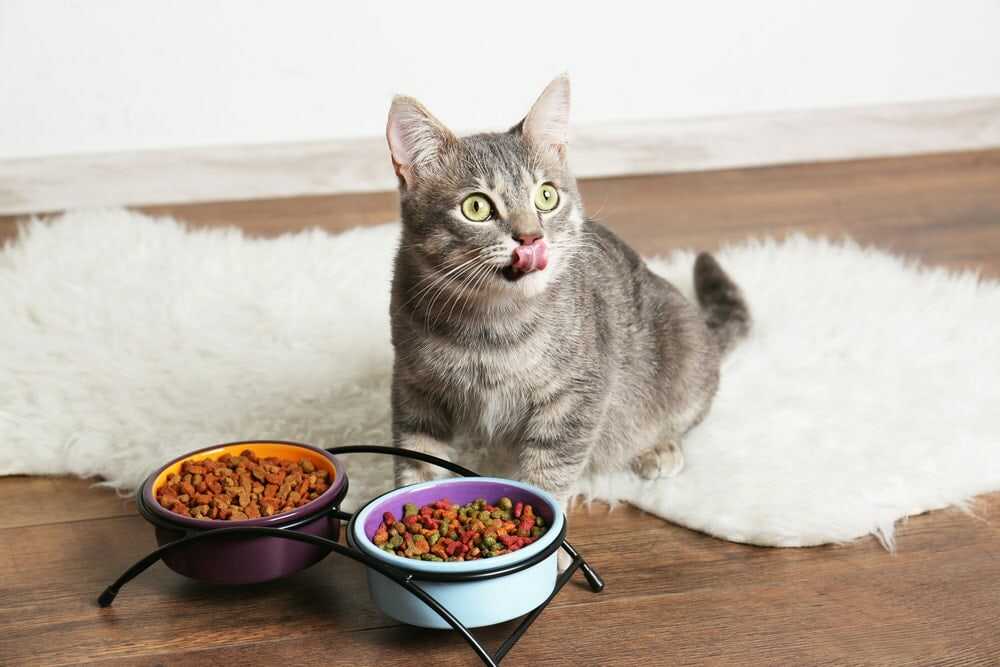
Conclusion
Wet food can be a good choice for cats in some cases. However, you have to select reputable brands. Checking the ingredients of the product is important, too.
Sheba is a common choice. Even so, propylene glycol in Sheba may pose some health issues for your lovely pet. So, you should avoid feeding Sheba food to cats.
Plus, consult your vet before offering them any new food. The tips we have shared above also help you plan a proper diet for your cat.
Thank you for reading!
Recommended Reading

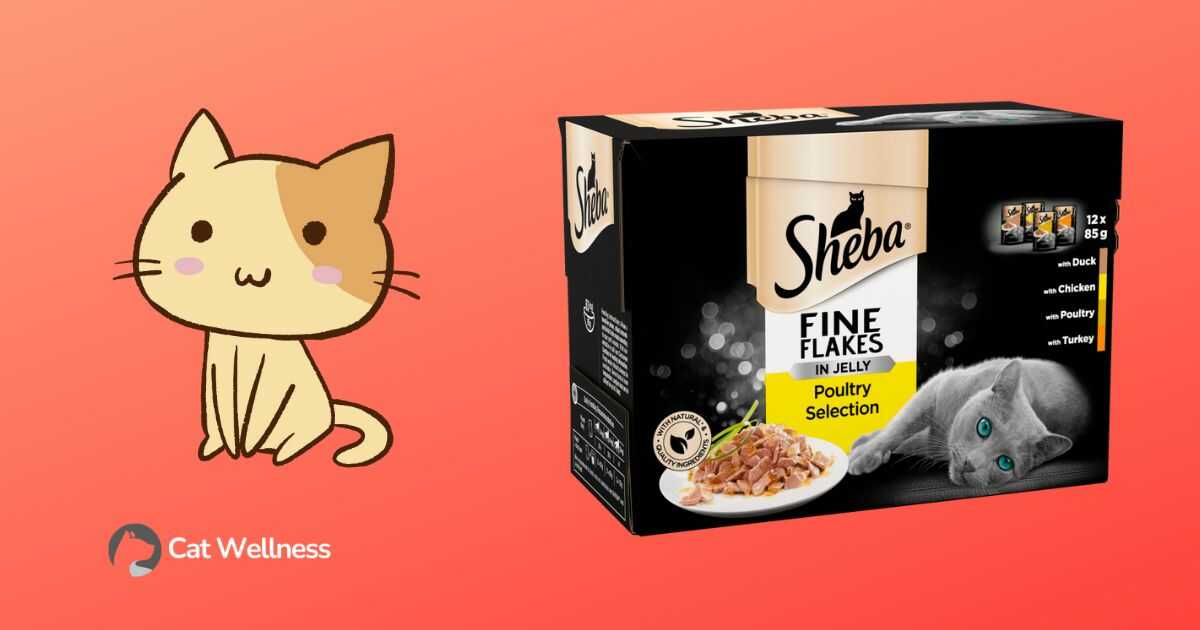

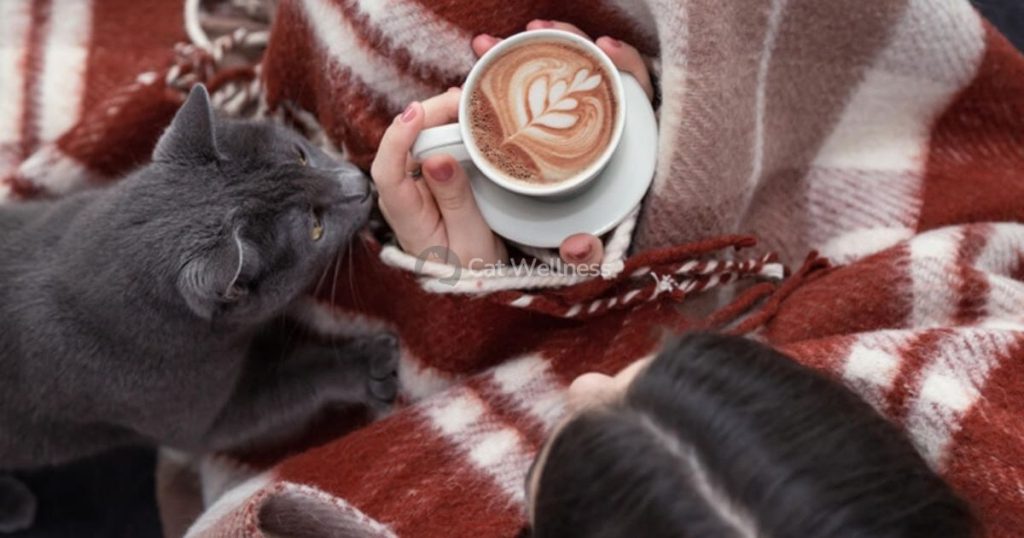
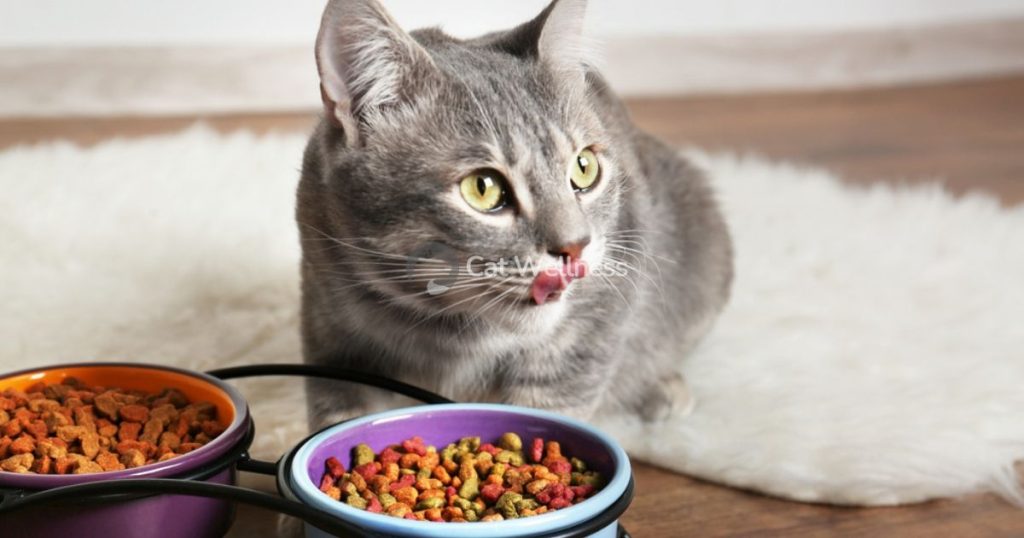
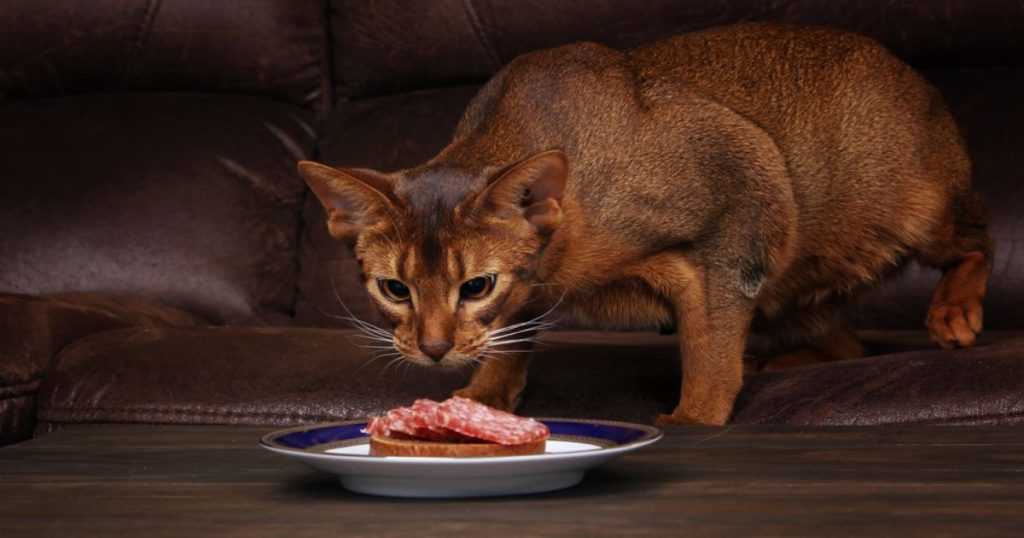
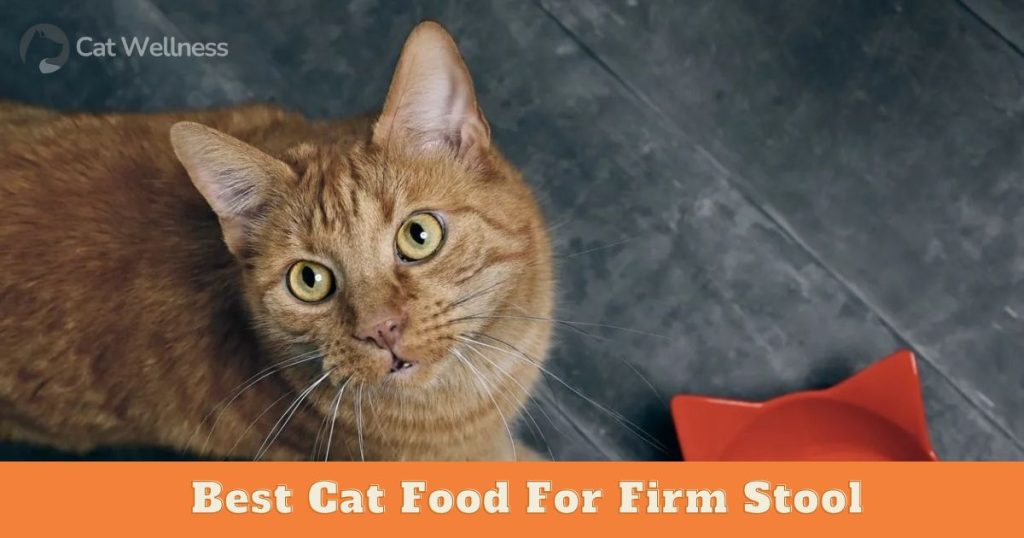
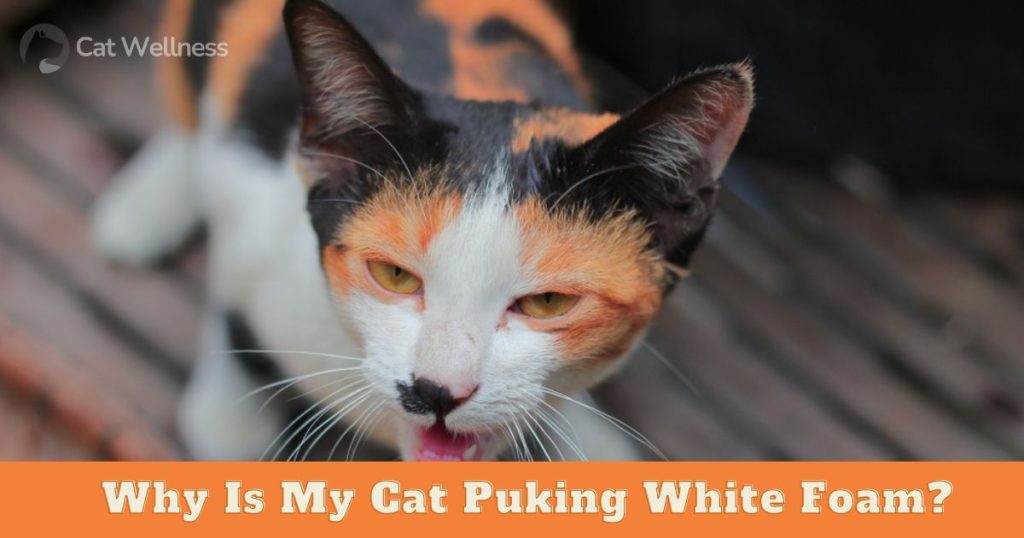
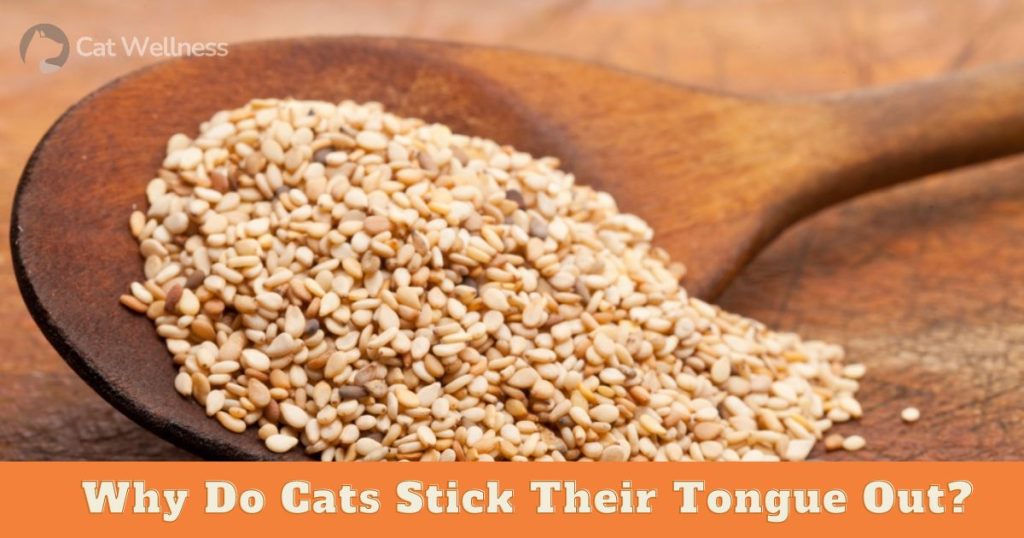
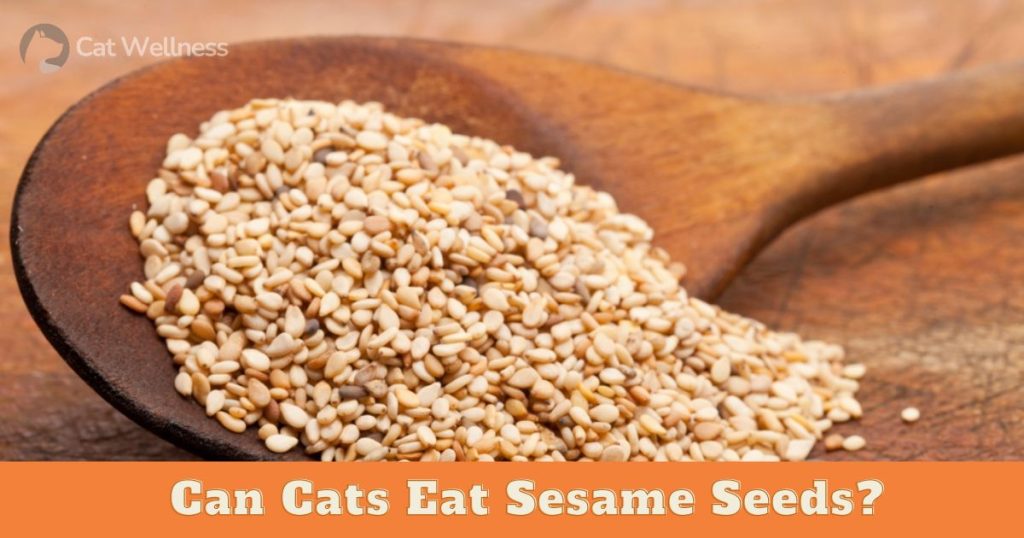

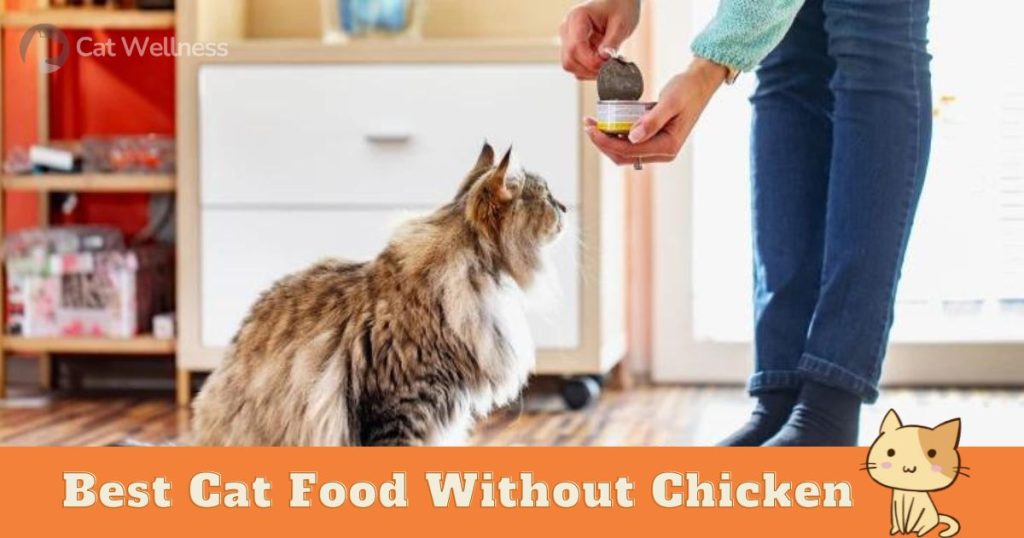
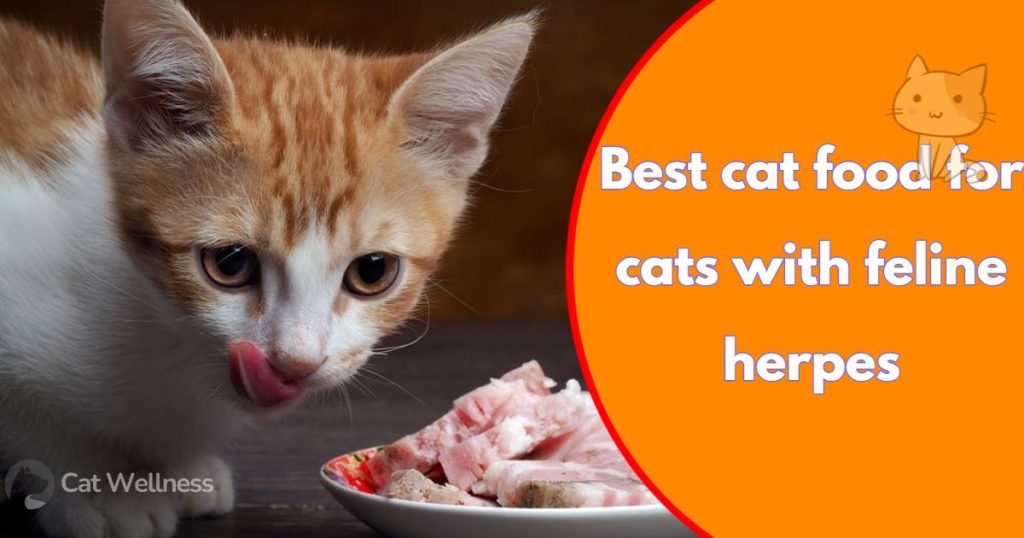
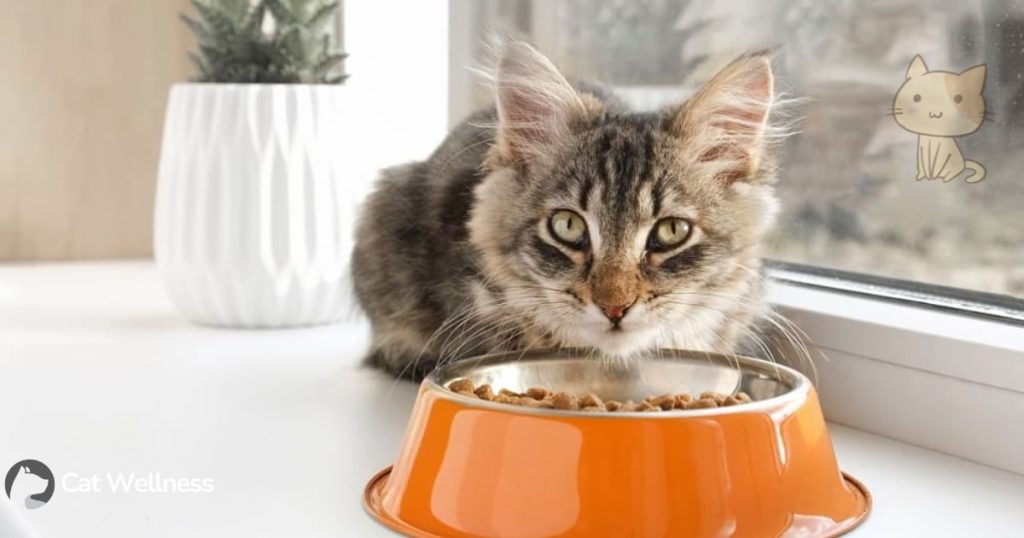
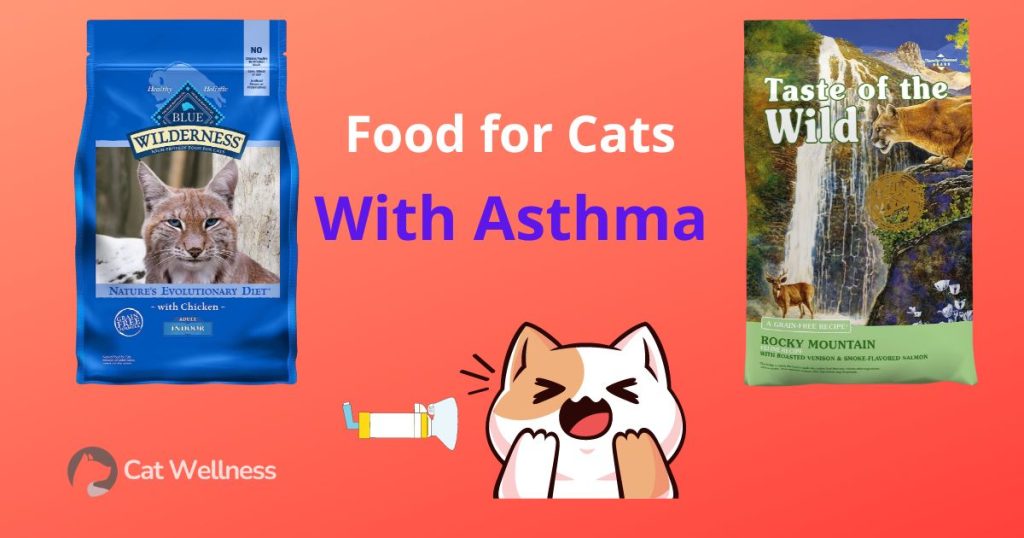
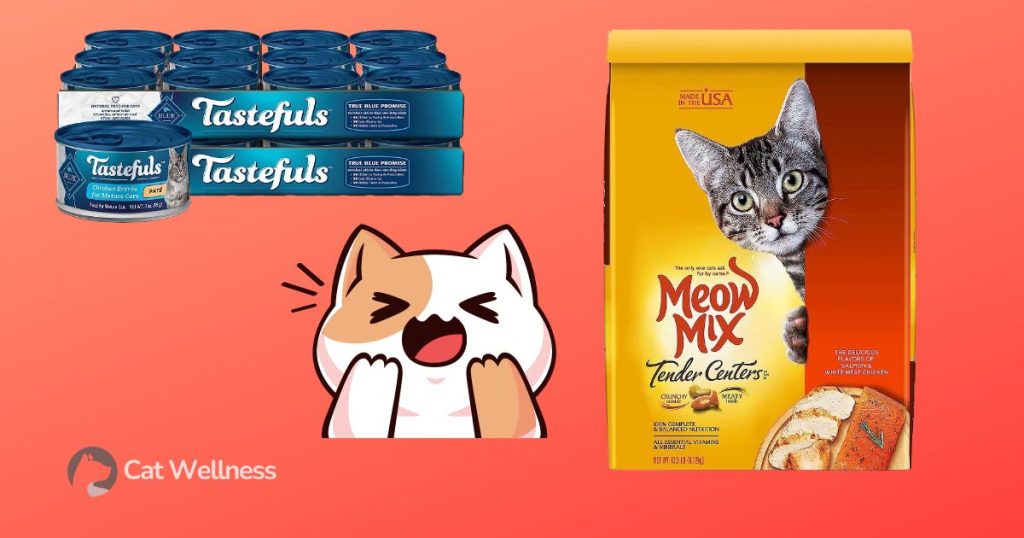
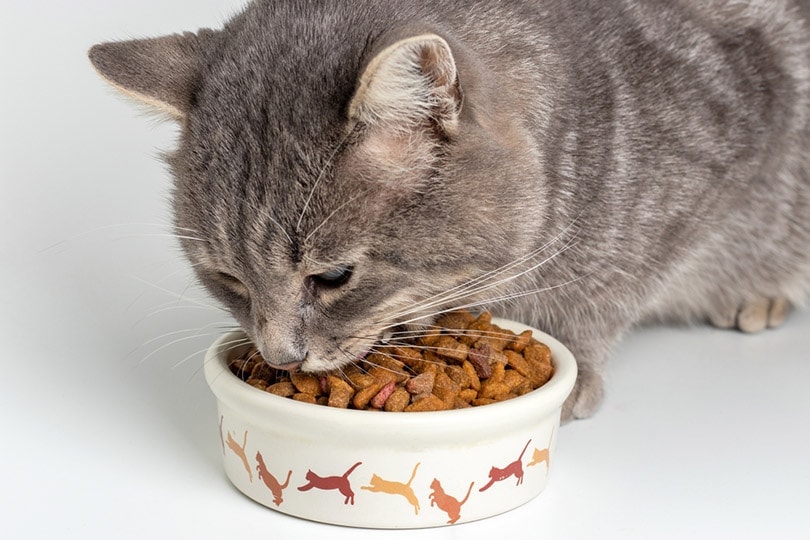
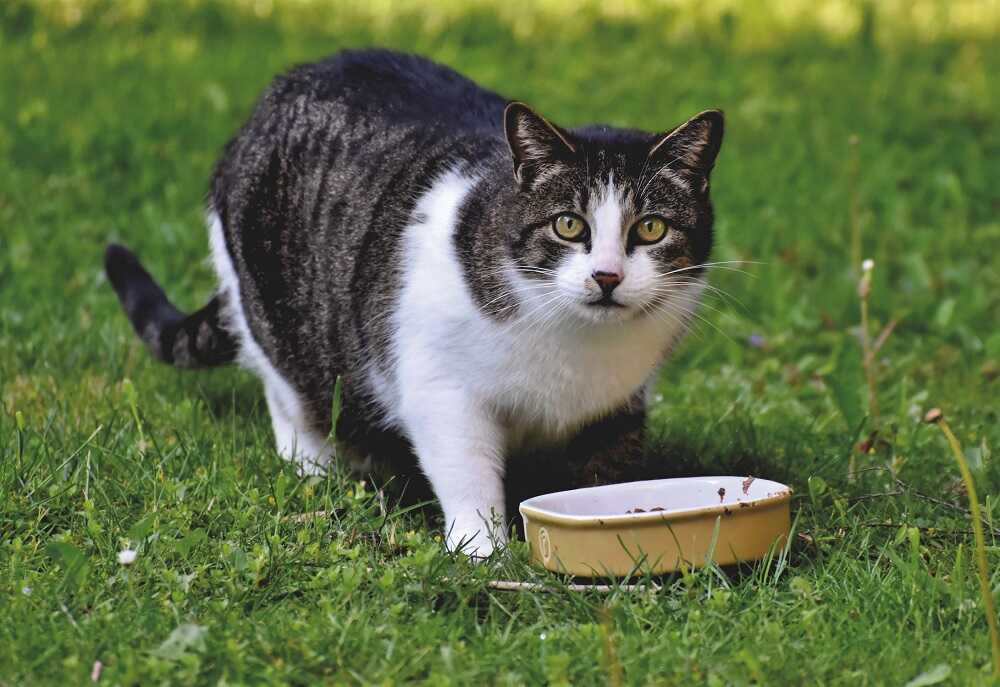
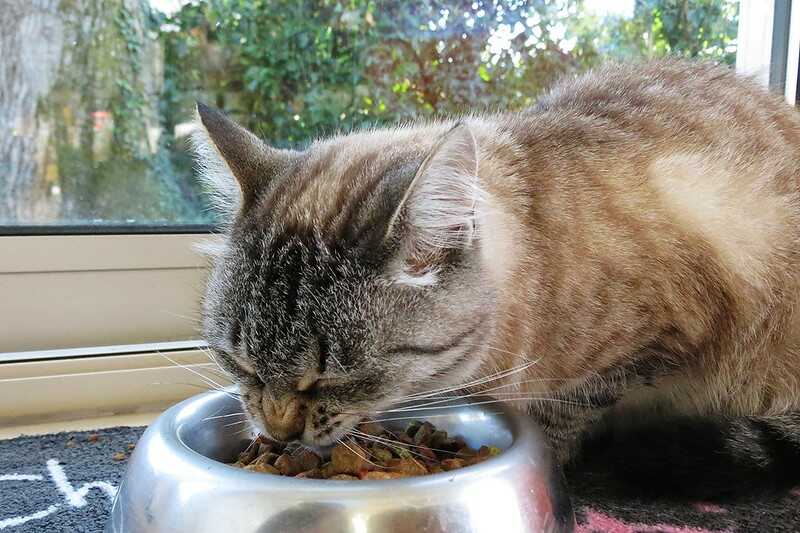
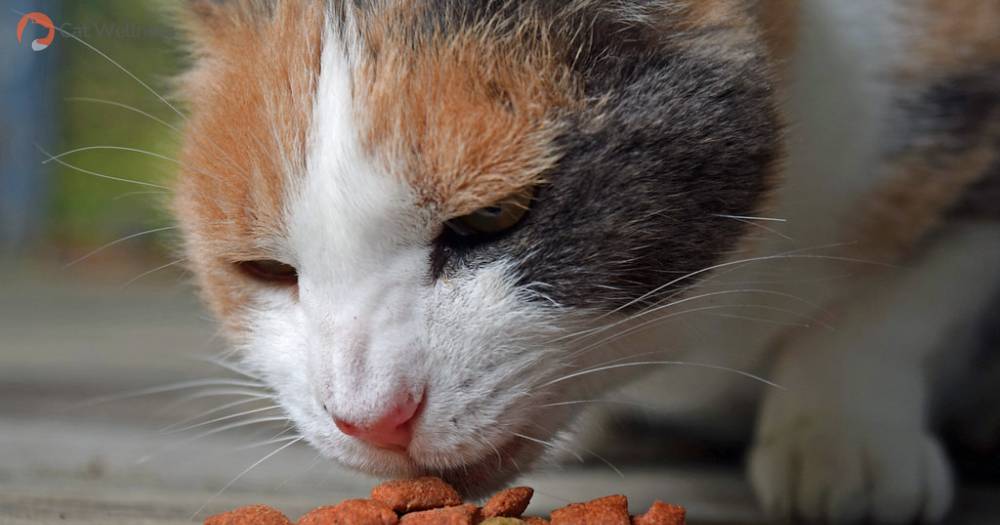
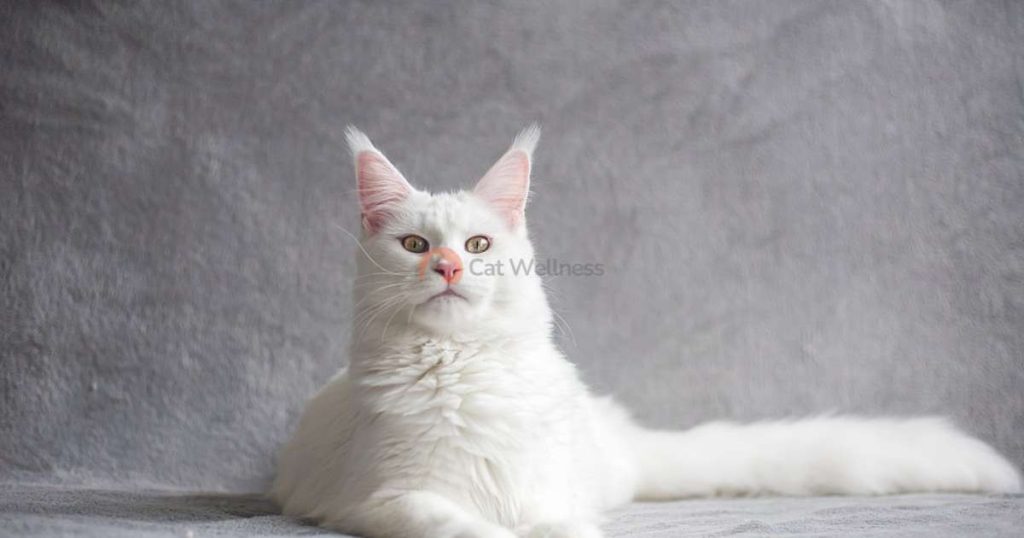







7 out of my 8 cats died from liver failure recently. All around the same timeframe. Shiba is the only thing I changed that they were eating & making them sick. There is over 21,000 cases still investigating more for class action lawsuit.
Hi Angelie,
I’m sorry to hear about the loss of your cats. Suppose you suspect that Shiba was the cause of their health issues and eventual liver failure. In that case, it’s essential to report this to the relevant authorities and participate in any ongoing investigations or class action lawsuits related to the matter.
In the meantime, you should discontinue using Shiba or any other product that may have caused harm to your pets. Focus on providing the best care and attention to your surviving cat, and consult with a veterinarian if you have any concerns about their health.
Fascinating. Thank you for sharing.
We recently had a 1 yr old cat pass away from liver issues (and fluid surrounding most of her her other organs too). She was fed Sheba wet cat food. We don’t know what was to blame for her death but the cat food certainly crossed my mind.
I have been giving my cats Sheba and my cat has liver problems. Where did you get your source on this food. I called mars company and they said this chemical is not I their food.
I want to know if this food Sheba was tested for Propylene gylcol because Mars corp told me it’s not in their pet foods. I didn’t believe her because she never did directly answer my questions and Mars is a shady company for pet foods. I want to have it tested but can’t afford it. My cat has liver disease and kidney. I have been feeding him Sheba cat food.
Noticed more liquid in Sheba and smells off. My cat would only eat this wet not Purina like my others. Stopped eating it frequently. Eats dry Purina indoor loves it.refuses better quality food and boiled chicken
I’m trying to find out how you found out polyrlene glycol is in Sheba cat food. I called The Mars co and they said it’s not in the cat food but in the dog food. Cats livers can not process this chemical so it can’t be in cat food. My cat does have liver disease and I’m wondering if it’s in the Sheba cat food I have been feeding him for months. I also noticed my other cat acting funny and both lost their voices for a while which may be related to something else. Have you had this food tested and found it in the cat food. I’m going after Mars if the gave my cat liver and kidney now.